Past Events
2014
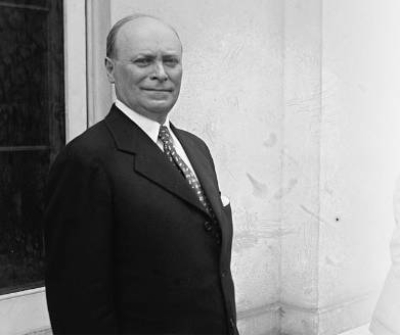
Albanian-Jewish Relations and the Contributions of U.S. Ambassador to Albania, Herman Bernstein (1876-1935)
How did Albania save its Jews during World War II? By the end of the war, Albania had tripled its Jewish population, sheltering Jews from Austria, Germany, and Yugoslavia.

Radical Puppetry: The Modicut Project
Downtown puppet theater company Great Small Works and scholar Edward Portnoy (Rutgers University) team up to present the Modicut Project—a radical reinterpretation of Modicut, the first Yiddish language puppet theater in the U.S. (1925-1933).

Coming of Age in Poland: Jewish Life Stories from the 1930s
What was life like for Jews coming of age in Poland during the interwar years? In the 1930s, scholars at the YIVO Institute set out to study Jewish life in Poland through an innovative approach—holding a series of autobiography contests for Jewish youth.

Klezmer Influences in American Jewish Music
For years, American Jewish composers have been integrating klezmer and Yiddish folk songs into new classical music, inventing a new form of artistic and cultural Jewish expression.

If Books Could Talk: The Story of Three Jewish Treasures Rescued from the Vilna Ghetto
What are the secret lives of books? In the Vilna Ghetto, Yiddish poets Abraham Sutzkever and Szmerke Kaczerginski and others risked their lives to rescue Jewish treasures from destruction and looting by the Nazis.

Towards Life: Reviving Jewish Life in Contemporary Poland
How can a culture flourish when its members are less than 1% of a population? Scholars discuss the needs of the Polish Jewish community, the reasons for Poles’ increasing interest in Jewish culture, and the complicated use of the word “revival” in connection to Jewish life in Poland today.
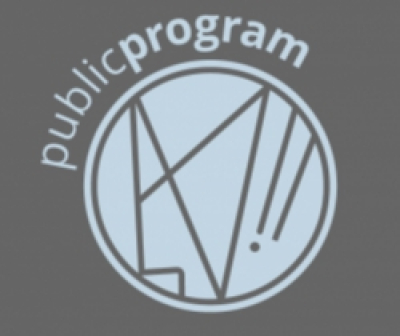
New Narratives out of Old Film: A Conversation with Péter Forgács and Alan Berliner
Join Péter Forgács and Alan Berliner, two of today’s leading experimental and documentary filmmakers for a conversation about Forgács’s Letters to Afar, a new immersive video art installation.

An Evening of Art and Music Dedicated to the Kultur-Lige Yiddish Arts Movement
COJECO BluePrint Fellowship and YIVO present an evening of art and music dedicated to the Kultur-Lige Yiddish arts movement.
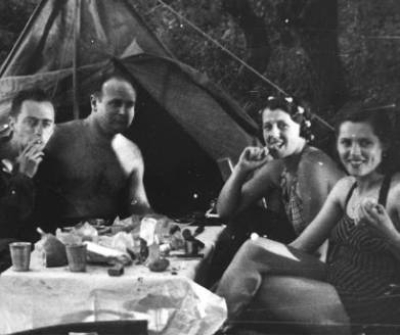
The Alchemist: A Péter Forgács Film Retrospective
Media artist and independent filmmaker Péter Forgács is best known for his brilliant, soulful films that transform ordinary home movies into cinematic meditations on memory, history, and meaning.
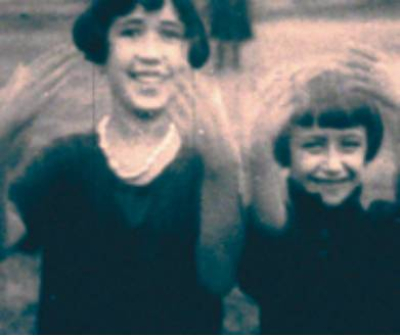
Creating History: Can We Tell the Past?
What can art reveal about history? Artist Péter Forgács, author Boris Fishman, and scholars Marci Shore , Steven Zipperstein, and Amelia Glaser (moderator) present their work and discuss how art and scholarship shape our understanding of the past.

Two Jewish Loves: Food and Literature
In hilarious, poignant, and tragic literary scenes, actors and authors depict the very particular ways Jews love food.

The Haunted Sukke
Join puppeteer extraordinaire Jenny Romaine, MC and actor Shane Baker, and a team of Sukkes musicians for a participatory theater exploration of the permeable borders between the living and dead, followed by an open mic in our pop-up sukke.

Making/History: Reconstructing the Gwoździec Synagogue
In 2011, three organizations—the Museum of the History of Polish Jews, Handshouse Studio, and the Association of the Jewish Historical Institute of Poland—embarked on an extraordinary mission: to reconstruct the destroyed wooden Gwoździec Synagogue for MHPJ’s core exhibition.

Farewell to Communism: Howard Fast and Soviet Yiddish Writers
In this talk, Gennady Estraikh digs into YIVO archival exchanges between novelist Howard Fast and Paul Novick, the editor of the Yiddish daily Morgn-Frayhayt, and reveals the debates that raged in the American Yiddish press in reaction to Fast’s departure, as well as the devastating impact his decision had for American Jewish Communists.
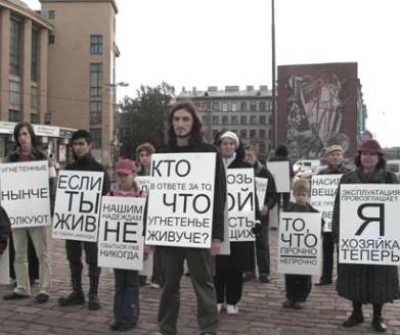
A Gift to Birobidzhan: A Discussion with Yevgeniy Fiks
In 1936, 200 works of art were collected by U.S. activists to the Birobidzhan Art Museum as a gift to the new “Jewish autonomous region.” The collection was exhibited in New York and Boston, and then shipped to the Soviet Union, but mysteriously disappeared before reaching its destination.
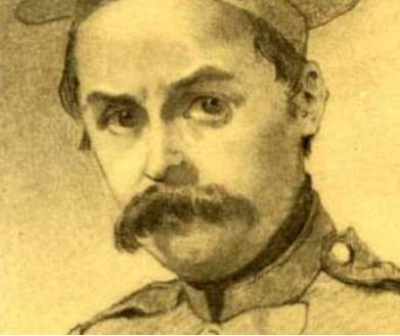
Taras Shevchenko: Ukrainian Nationalism, Poetry and the Jews
On the bicentennial of Shevchenko’s birth, distinguished literary scholars gather to discuss Shevchenko’s literary and political legacy, and his influence on Ukrainian national movements, Jewish intellectuals, and Ukrainian-Jewish artistic cooperation.

Commemorating the Vilna Jewish Community
This program commemorates the Jewish community of Vilna, the Jerusalem of Lithuania, through poetry readings, music, and a special presentation about the Vilna Ghetto.
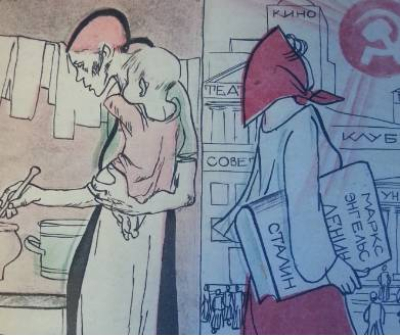
Golde and Her Daughters: Soviet Jewish Women Under Stalin
What were Jewish women’s experiences under Stalin? How did they differ from their Russian, Belorussian, and Ukrainian counterparts?
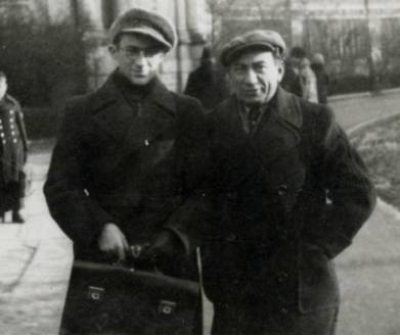
Abraham Sutzkever: The Power in Poetry
Sutzkever came of age in Vilna in the 1920s and 30s when Yiddish poetry was the favored creative outlet of its Jewish youth. For him, poetry—but only if good enough—was more than self-expression.

The Capital of Yiddishland: YIVO and its Relationship to Vilna
What can the relationship between YIVO and Vilna tell us about the dynamics of interwar Yiddish culture? Why did YIVO's leadership waver for so long on whether to locate in Vilna, and what did its decision finally mean for the institute’s work and for Vilna itself?
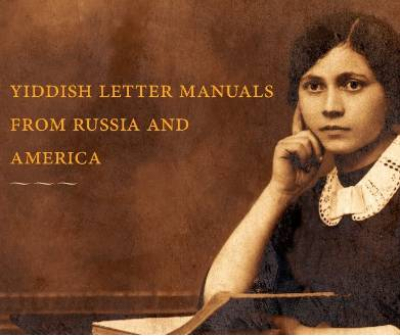
Dear Mendl, Dear Reyzl: Yiddish Letter Manuals from Russia and America
At the turn of the 20th century, Jewish families scattered by migration could stay in touch only through letters. But for many Jews who were unaccustomed to communicating their public and private thoughts in writing, correspondence was a challenge.
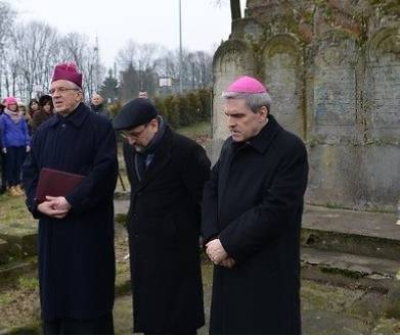
Jewish-Christian Relations in Poland: How One Town Overcame Its Past
In a small Polish town, over 300 years ago, Jews were accused of killing a Christian child. The lengthy and complicated trial pitted Jews' enemies and supporters against each other, agitated courts and royal and church authorities.
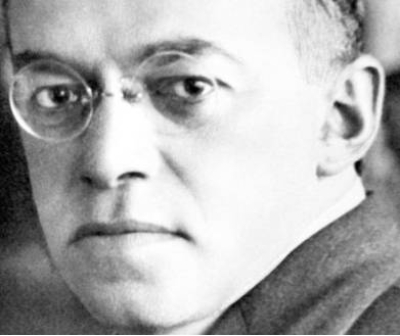
Rethinking Jabotinsky
How do we understand Vladimir Jabotinsky’s legacy? Born in Odessa, a celebrated Russian journalist, first-rate novelist, and progenitor of today’s Likud Party, Jabotinsky’s life and work have been rife with contradictions and misunderstandings.

YIVO and the Making of Modern Jewish Culture: Scholarship for the Yiddish Nation
This event celebrates Cecile Kuznitz's book, YIVO and the Making of Modern Jewish Culture: Scholarship for the Yiddish Nation (Cambridge University Press, 2014), the first history of YIVO.
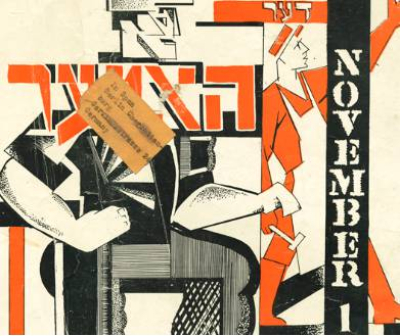
Open Secret: The Jewish Sound in Soviet Music
Before World War II, the Soviet Union was the only country in the world to officially promote Jewish music. After World War II, Soviet authorities declared that Jewish music did not exist.
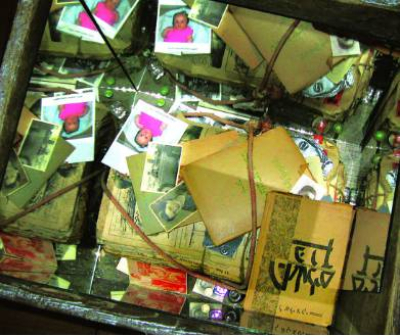
The Life and Art of Krystiana Robb-Narbutt (1945-2006)
In this program art historian Marek Bartelik, art critic Dorota Jarecka, and artist Wanda Siedlecka discussed Robb-Narbutt's life, her compulsive exploration of her Jewishness through her work, and new approaches to understanding her art.

The Forbidden Tragedy: History and Memory of the Shoah in the Soviet Union
Professor Anna Shternshis examines the scale of the Holocaust in the U.S.S.R, its impact on Soviet Jewry, and how archival materials provided new insights about this aspect of Holocaust history.
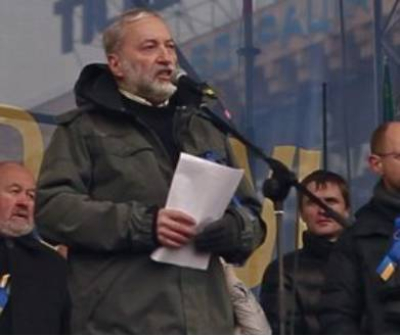
What Now? Jews and the Ukrainian Revolution 2014
Josef Zissels, the preeminent leader of Ukraine’s Jewish community, joined in conversation with David Fishman for a look at the political situation in Ukraine today, Ukraine’s relationship to Russia and the EU, and what Ukrainian Jews and minorities can expect from the new government.

Passing the Torch: Jewish Music Archives and the Future of Yiddish Song
This symposium brought together archivists, scholars and performers to discuss the history and creation of Yiddish folk music archives, and the future of the study and performance of Yiddish song today. What is the role of Jewish music archives in fostering new scholarship and Yiddish music?

Eastern Jews—Western Jews: World War I and the Transformation of the Jewish Experience
World War I led to new encounters between Eastern and Western European Jews, narrowing, exacerbating and complicating the historical divide between these two communities at the same time as anti-Semitism swelled.
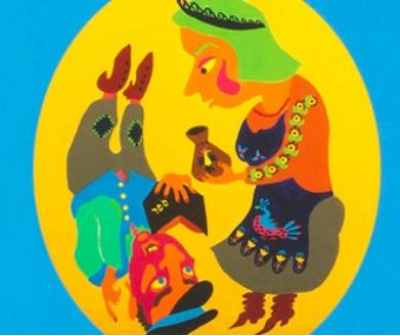
Beyond the Myth of the Shtetl: A New History of Jewish Life in East Europe
The shtetl was home to two-thirds of East Europe's Jews in the 18th and 19th centuries, yet it has long been one of the most misunderstood chapters of the Jewish experience.

Jacob Glatstein: A Yiddish Genius in Anglicizing America
Yiddish poets and writers took off in America on the crest of a huge Jewish immigrant wave at the beginning of the twentieth century, and then kept ripening their talent as most other speakers of their language swept into the English mainstream. Can individual genius flourish during its culture’s decline?

YIVO, Freud, and American Jewry: Discourse on Eastern Europe as a “Talking Cure” for American Jewish Ambivalence
In the 1940s and 50s, American Jewish leaders voiced concerns about the suppression and fragmentation of Jewishness in modern mass society and the pressure to assimilate to mainstream American expectations.

The Impact of World War I and the Russian Revolution on the World of Russian and East European Jewry
The events that transpired in Eastern Europe between 1914 and 1917 were a direct prelude to the Holocaust.
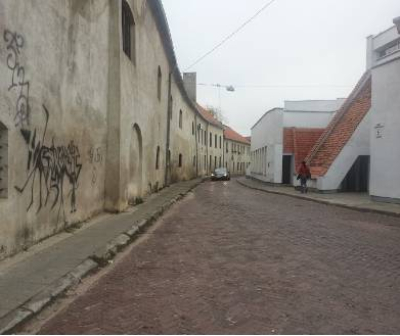
Unresolved History: Jews and Lithuanians After the Holocaust
Before World War II Lithuania was home to 250,000 Jews. During the Holocaust, over ninety percent of Lithuanian Jewry was killed, and today there are roughly 5,000 Jews in Lithuania.

Y. L. Peretz in a Time of Revolution
This talk traced Peretz’s day-to-day reactions and the development of his ideas amidst the Revolution of 1905-06 as it unfolded in Warsaw, the cultural capital of the Yiddish-speaking world.

Rethinking Kishinev: How a Riot Changed 20th Century Jewish History
Kishinev's 1903 pogrom was the first event in Russian Jewish life to receive international attention. Why did it have such impact, and why did it become a prism through which Russian Jewish history has been defined?




